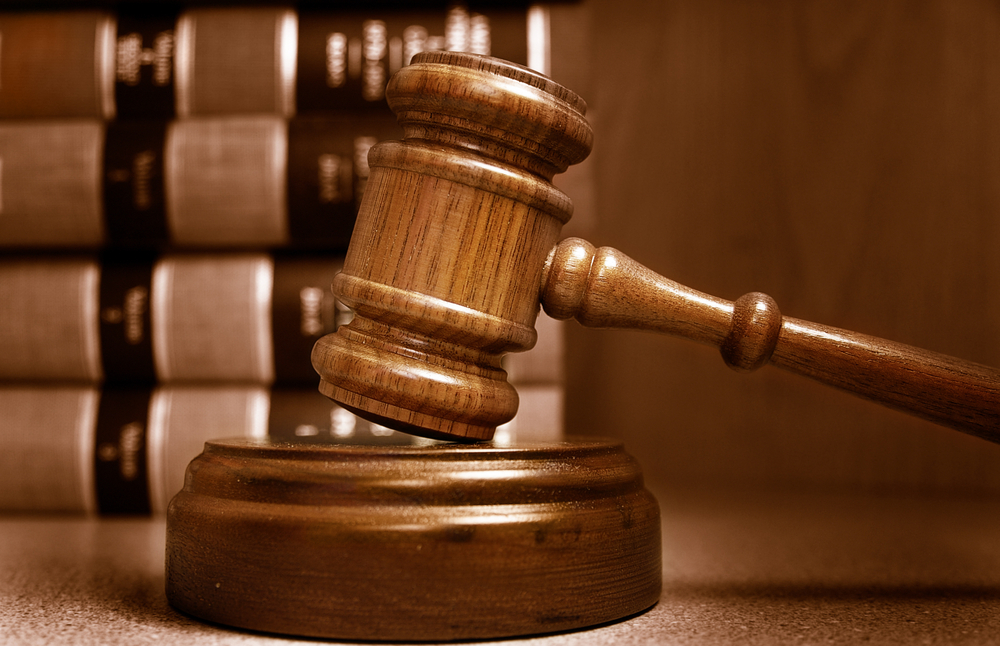
Becoming A Court Reporter
A court reporter, also known as a stenographer or verbatim reporter, is a professional responsible for creating accurate transcripts of spoken words during legal proceedings, depositions, and other events. If you’re considering a career as a court reporter, this article will provide you with a comprehensive guide on how to become one, including the necessary steps and considerations.
Understanding the Role
Before embarking on the path to becoming a court reporter, it’s essential to understand the role and responsibilities associated with this profession. Court reporters are responsible for:
– Capturing Spoken Words: They use specialized stenography equipment or shorthand keyboards to capture spoken language during legal proceedings.
– Transcription: Court reporters transcribe the stenographic notes into written form, creating accurate and verbatim records.
– Creating Official Records: The transcripts produced by court reporters serve as the official record of legal proceedings, ensuring the accuracy and impartiality of the record.
– Timely and Quality Transcripts: Court reporters must produce transcripts that are not only accurate but also delivered in a timely manner to meet the demands of the legal process.
Educational Requirements
To embark on a career as a court reporter, you must meet specific educational requirements. The educational journey typically includes:
- High School Diploma
Begin by earning a high school diploma or its equivalent. Strong language and typing skills are valuable assets for future court reporters.
- Court Reporting Program
Enroll in a court reporting program, which can be found in community colleges, technical schools, or specialized court reporting institutions. These programs can be offered in both on-campus and online formats.
Key components of a court reporting program include:
– Stenography (Machine Shorthand): This is the core skill that allows you to capture spoken words quickly and accurately using a stenotype machine or a shorthand keyboard.
– Transcription: You will learn how to transcribe the stenographic notes into written form, creating a written record of the spoken words.
– Legal Terminology: Gaining an understanding of legal terminology and courtroom procedures is essential to excel in this profession.
– Computer-Aided Transcription: Proficiency in using computer software to create and edit transcripts is a critical component of your education.
- Speed Building
Court reporters need to be fast and accurate in their work. Speed-building exercises are an integral part of the court reporting program to help you attain the required words-per-minute (WPM) speeds. Most certification exams have minimum speed requirements that you must meet.
Certification
Achieving certification is a significant milestone in your journey to becoming a court reporter. Certification requirements may vary by jurisdiction, but the most common certifications include:
- Certified Shorthand Reporter (CSR)
A CSR credential is typically required for court reporters working in state courts. Earning this certification often involves passing a written exam, a skills test in stenography, and a transcript production test.
- Registered Professional Reporter (RPR)
The RPR credential, awarded by the National Court Reporters Association (NCRA), is recognized nationwide. The certification process includes passing a written exam and a skills test.
- Certified Realtime Reporter (CRR)
The CRR certification, also offered by the NCRA, is for court reporters who can produce real-time transcription. It involves a written exam and a real-time skills test.
- State-Specific Certifications
Some states may offer their own certifications or have additional requirements. Be sure to check with your local jurisdiction to understand the specific certification options available to you.
On-the-Job Training
After completing your education and obtaining certification, gaining practical experience is essential. Consider working as an apprentice reporter or in a related role to build your skills and become familiar with the demands of the profession. On-the-job training allows you to refine your stenography skills, improve accuracy, and handle real-world situations.
Specialization and Advancement
Court reporters can specialize in various areas, including medical or broadcast captioning. Specialization may require additional training or certification, depending on the field. Specialized court reporters often earn higher salaries due to their specific skills and knowledge.
Conclusion
Becoming a court reporter is a rewarding journey that involves education, certification, and on-the-job training. This profession offers a unique opportunity to contribute to the legal system by creating accurate and impartial records of legal proceedings. As you progress in your career, consider specialization and continuing education to advance and increase your earning potential in this vital profession.
What is a Court Reporter?
A Court Reporter, also known as a ‘Stenographer’, is a licensed and certified professional responsible for the transcription of speech into text taking place within a court hearing or trial. Court reporter positions are classified as legal occupations requiring specific certifications from accredited institutions. The median court reporter salary is currently listed as $49,710.
How Do I Become a Court Reporter?
Court Reporter positions vary in their respective educational requirements, certification, and training mandatory to obtain them. In certain cases, an individual may obtain an entry-level legal job that requires a minimal amount of secondary education and training. Yet, in other cases Court Reporter positions exist in which a vast amount of training is required.
Court Reporter positions are offered in a multitude of professional settings, which include a varying degree of courts and legal venues, including municipal courts, city courts, state courts, district courts, circuit courts, superior courts, appellate courts, and the Supreme Court. The field specialties required within the varying degrees of Court Reporter positions are vast, ranging in salary, legal setting, and equipment used.
Court Reporter Certification
The title of Registered Professional Reporter (RPR) must be granted by an educational institution accredited by the National Court Reporters Association (NCRA). Court reporting requires the accurate and expedited transcription of speech through the mastery of shorthand, stenography, and typing skills.
A Registered Professional Reporter (RPR) is considered to be a certification granted to individuals interested in becoming Court Reporters. In order to advance through the field of Court Reporting, this Court Reporter certification must be attained through the receipt of a certification illustrating that the individual is able to render literary transcription at a rate of 180 words per minute, Jury transcription at a rate of 200 words per minute, and testimony transcription at a rate of 225 words per minute.
Court Reporter Equipment
The following equipment is most commonly utilized by a Court Reporter:
Stenograph Machine
A Stenograph machine, also called a Stenotype machine, is a machine resembling a typewriter that is used by a Court Reporter for the purpose of transcription. Unlike a traditional typewriter, a stenograph machine contains only 25 keys and does not operate on a traditional keyboard format such as ‘QWERTY’. In lieu of a traditional keyboard, stenotypes allow a court reporter to transcribe common phrases and articles rather than individual letters and characters.
Due to the fact that typical transcription can involve events that range from 100 to 300 words recited per minute, a Court Reporter must maintain the ability to accurately transcribe the speech of an event in real time.
The stenograph machine was patented in 1879 and currently varies in sale price. These prices range from $500 to $7,000 USD.
Voice Recognition Technology (VRT)
Voice Recognition Technology may be employed within certain legal settings. In contrast to a stenograph, the utilization of voice recognition technology relies on the digital processing of the distinctive and specific nuances latent within the human speaking voice.
Court Reporters utilizing voice recognition technology will typically undergo the review and oversight of the transcripts rendered both through a voracious editing process, as well as the required maintenance of the software in order to ensure accuracy.


























